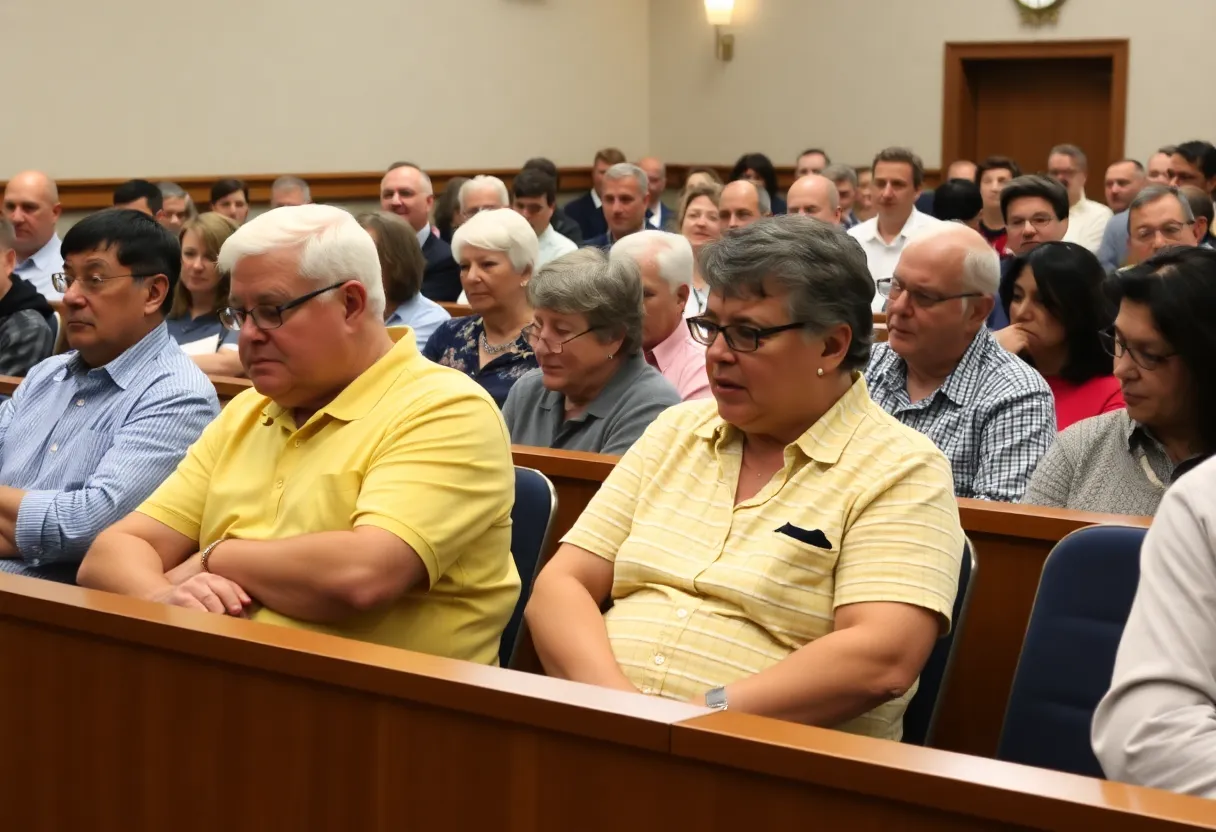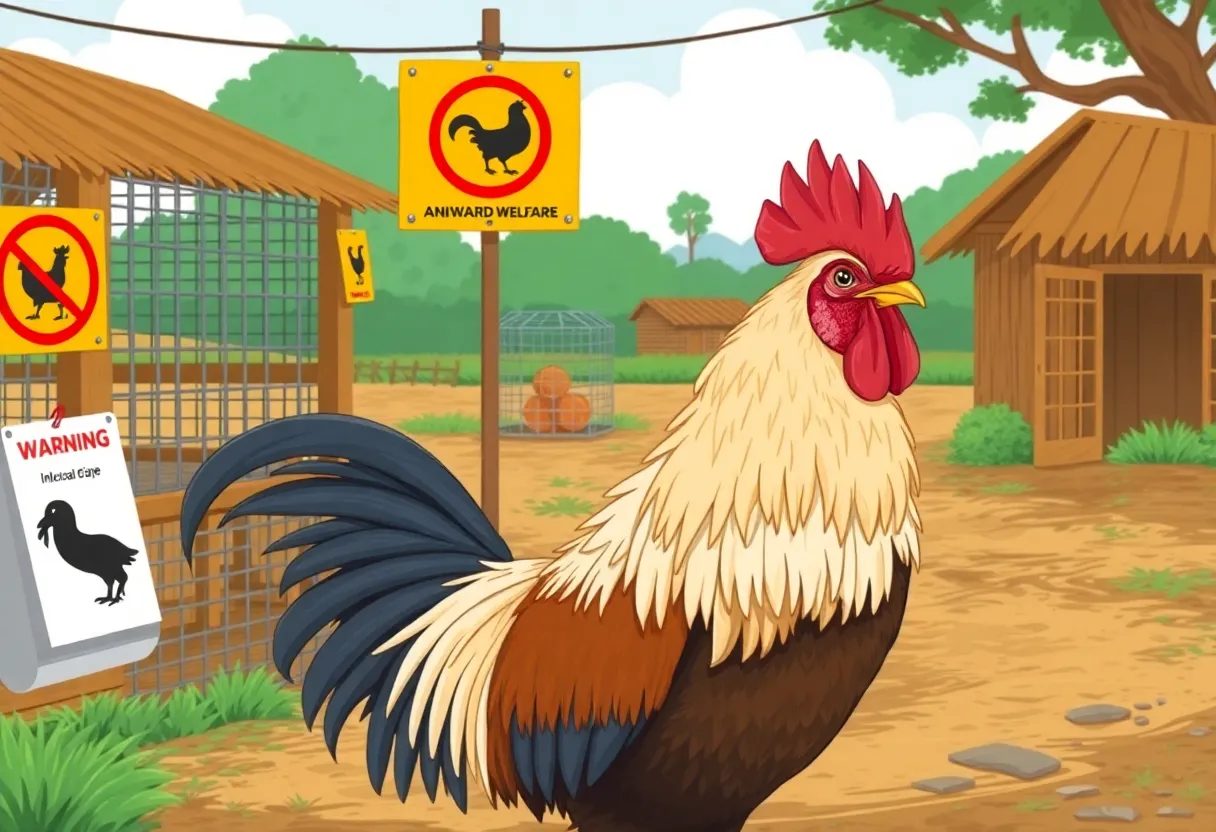News Summary
The Jacksonville City Council has voted to raise trash removal fees for the first time in 15 years, from $12.65 to $27 starting in 2025. The decision, made with an 11-7 majority, has led to significant public opposition, as residents express concerns about the financial burden on families. Additional increases are anticipated in the coming years, with council members advocating for fiscal responsibility while also proposing exemptions for low-income households to alleviate impacts.
Jacksonville – The Jacksonville City Council voted on May 27 to raise the city’s trash removal fee for the first time in 15 years. The decision, passed with an 11-7 majority, will see monthly trash removal fees increase significantly from $12.65 to $27 beginning in 2025. Following the initial increase, additional hikes are planned, with fees projected to rise to $29.50 in 2026 and $32 in 2027, pending separate Council votes and further input from residents.
The Council had previously voted in February 2025 to notify residents about the proposed fee hike, but that vote initially garnered minimal public attention. However, public sentiment shifted dramatically once residents received notices of the impending fee increase, resulting in significant opposition during the recent Council hearing. More than three dozen residents attended the meeting to express their disapproval, claiming that the new fees were both unaffordable and unfair. Many voiced concerns about the financial impact of the increase on families living paycheck to paycheck and on those dependent on fixed incomes.
Among the attendees, one resident drew a comparison to policies in California, warning against similarities that could negatively affect the quality of life in Florida. Critics of the fee increase criticized the scale of the hike, arguing that it places an undue burden on families and individuals who may not generate large amounts of waste. Residents also called on the city to explore better contracts with trash removal providers, aiming to lower operational costs associated with the service.
Tensions ran high during the Council meeting, with disturbances prompting security to remove several attendees, which ultimately hampered public participation in the discussion. The significant gap between the actual cost of trash services—reported as $30.40 by Council auditors—and the long-fixed fee contributed to the complexity of the issue. Since 2010, the fee had not been revisited, placing a growing strain on city finances.
City officials revealed that the city has been subsidizing trash removal services using tax revenue, leading to an ever-increasing financial obligation. The annual cost of this subsidy had escalated from $3 million in 2017 to an alarming approximately $36 million in 2024, with future projections exceeding $500 million by 2031. Council member Matt Carlucci emphasized the necessity of the increase to maintain fiscal responsibility and manage escalating debts effectively. Supporters argued that the increase is critical for transitioning away from relying on the general fund to cover trash collection costs.
Among the Council members, those in favor of the fee increase included White, Amaro, Arias, Joe Carlucci, Matt Carlucci, Clark-Murray, Pittman, Johnson, Lahnen, Miller, and Peluso. The dissenting votes came from Vice President Carrico and members Diamond, Freeman, Howland, Gaffney Jr., Gay, and Salem. Council member Gay acknowledged the potential adverse effects on working families, echoing the concerns raised by residents.
To aid those in financial distress, a companion piece of legislation has been proposed, allowing low-income households earning up to 150% of the federal poverty level to apply for an exemption that would keep their fees at the current rate of $12.65. Council member Arias remarked that, for certain individuals, the increased fee could be viewed as a minor change, comparable to the cost of a lunch. Meanwhile, Council President Randy White expressed the difficulty of making such a decision but maintained that the increase is necessary to mitigate future budget pressures that could impact vital services, such as emergency response.
As Jacksonville prepares for these changes, the Council continues to emphasize the importance of balancing budgetary needs with the voices of residents as they navigate through these financial challenges.
Deeper Dive: News & Info About This Topic
HERE Resources
Jacksonville Braces for Severe Storms This Wednesday
Jacksonville Prepares for Incoming Winter Weather
Jacksonville Faces Potential Winter Storm: Prepare for Cold Weather
Jacksonville Faces Trash Fee Hikes and Winter Weather Warning
Jacksonville Mayor Rejects Controversial Trash Rate Increase
Additional Resources
- First Coast News: Jacksonville Trash Pickup Fees Nearly Double
- Jax Daily Record: Fee for Residential Trash Hauling to Increase
- News4Jax: Tell Us What You Think About Trash Fee Increase
- Waste360: Jacksonville Bill Would Increase Waste Collection Rate
- Wikipedia: Jacksonville
Author: STAFF HERE JACKSONVILLE WRITER
The JACKSONVILLE STAFF WRITER represents the experienced team at HEREJacksonville.com, your go-to source for actionable local news and information in Jacksonville, Duval County, and beyond. Specializing in "news you can use," we cover essential topics like product reviews for personal and business needs, local business directories, politics, real estate trends, neighborhood insights, and state news affecting the area—with deep expertise drawn from years of dedicated reporting and strong community input, including local press releases and business updates. We deliver top reporting on high-value events such as the Jacksonville Jazz Festival, Riverside Arts Market, and World of Nations Celebration. Our coverage extends to key organizations like the Jacksonville Chamber of Commerce and JAXUSA Partnership, plus leading businesses in logistics, healthcare, and entertainment that power the local economy such as CSX Corporation, Baptist Health, and VyStar Credit Union. As part of the broader HERE network, including HEREOrlando.com, HEREStPetersburg.com, HERETallahassee.com, and HERETampa.com, we provide comprehensive, credible insights into Florida's dynamic landscape.






